A 100% Lakay Pap Jazz for 2025
On Tuesday, March 11, 2025, the Haïti Jazz Foundation officially announced the launch of the 18th edition of Pap Jazz during a press conference with festival partners, such as the Canadian Embassy, represented by H.E. Mr. André François Giroux, the French Embassy represented by H.E. Mr. Antoine Michon, the Spanish Embassy represented by H.E. Mr. Marco Peñin Toledano, and the Mexican Embassy, represented by Mr. Jesús Cisneros, Chargé d’Affaires ad hoc of Mexico in Haiti. The Bank of the Republic of Haiti, represented by Mr. Rotchild Jean François Junior and Mrs. Stéphanie St Louis from the Direction of Artistic and Literary Creation, Ministry of Culture and Communication, Mr. Joel Widmaier, Artistic Director of the festival, along with the General Director of the Haïti Jazz Foundation, took the time to explain the details of this 18th edition, including the logistical complexities involved in organizing the festival this year due to the country’s precarious security situation.
This edition will take place from March 20 to 22, 2025, across four venues: Quartier Latin, the Brazil-Haïti Cultural Center, the French Institute in Haiti, and the Karibe Hotel.
Pap Jazz IT UP
This year, the festival aims to be collaborative, inspiring, and 100% Lakay talent. According to the festival organizers, Pap Jazz IT UP is the new flagship concept to be showcased during this 18th edition of the festival. It is a concept that revisits Haitian music by infusing it with a touch of jazz, and several groups have been formed to offer unique performances to the public, especially during the exceptional evenings on March 21 and 22.
A Rich and Varied Program
For this year, Pap Jazz has smartly used the country’s shutdown to highlight the local music scene. Indeed, while 100% local means a complete absence of major international music names due to logistical challenges, it also presents a golden opportunity to discover our talented young artists, who represent the future of the Haitian jazz scene. Alongside them, celebrities such as James Germain, Syto Cavé, who will transform into a slam artist for the occasion, Joel Widmaier himself, and the current sensation of root music in Haiti, the group Nanm Vodou, among others.
To discover the full program, visit their website: www.papjazzhaiti.org.
An Act of Resistance
It is clear that the country is going through one of the most difficult moments in its history. The moment is challenging to convey the universal message of harmony that could lie behind such a music festival, but precisely, this is where this year’s Pap Jazz aims to be an important act of resistance amid the enormous difficulties facing the city of Port-au-Prince. This gesture perfectly reflects the resilience of the Haitian people, who refuse to be exclusively defined by the image of the surrounding chaos. Committed initiatives such as Jazz for Timoun (a moment of music and joy in a displaced persons camp due to insecurity), The Walls of Commitment, where one can leave a word or a promise for their neighborhood, city, or country, are gestures that demonstrate the festival’s heightened awareness of the deteriorating situation in Port-au-Prince, the festival’s host city.







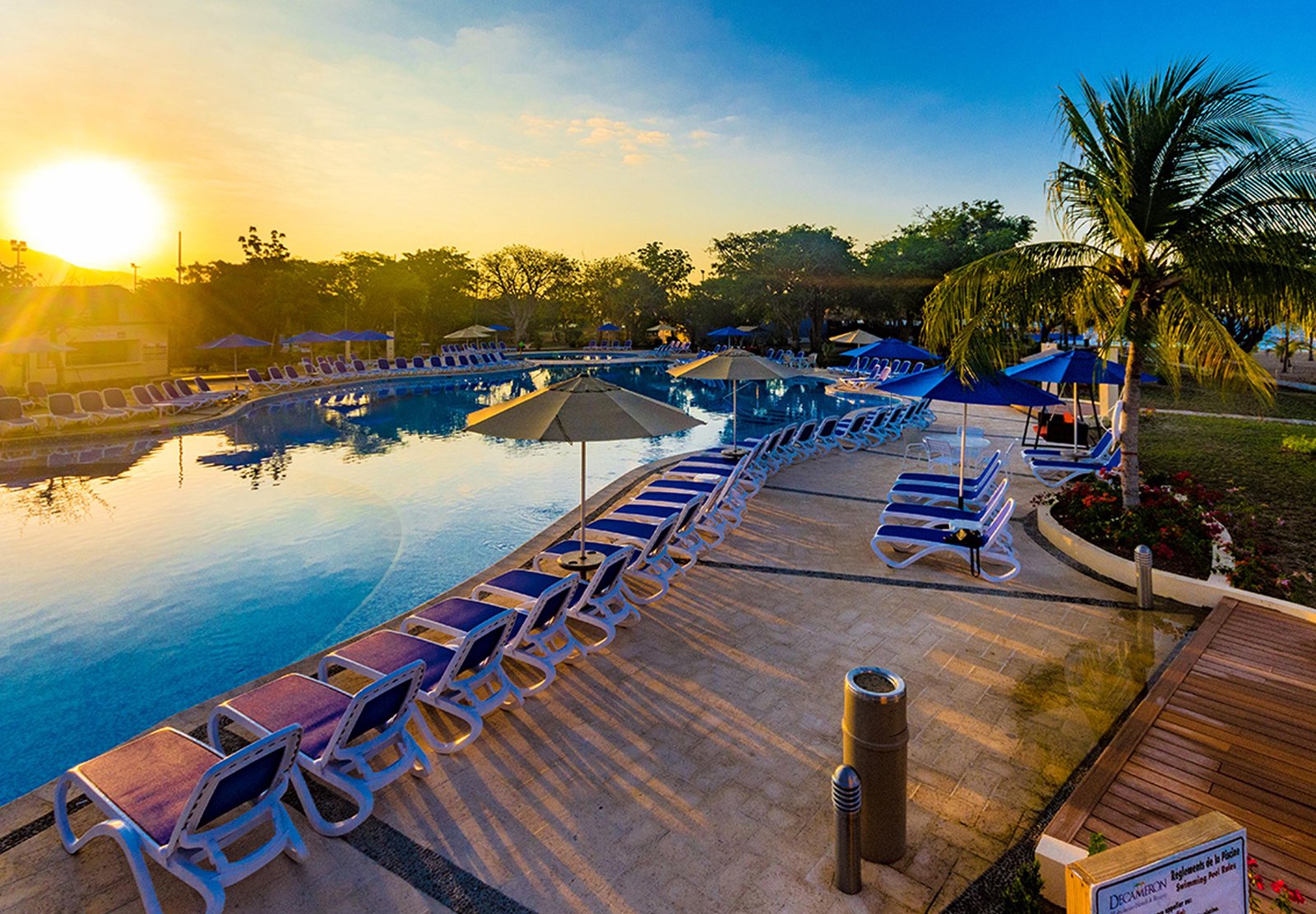


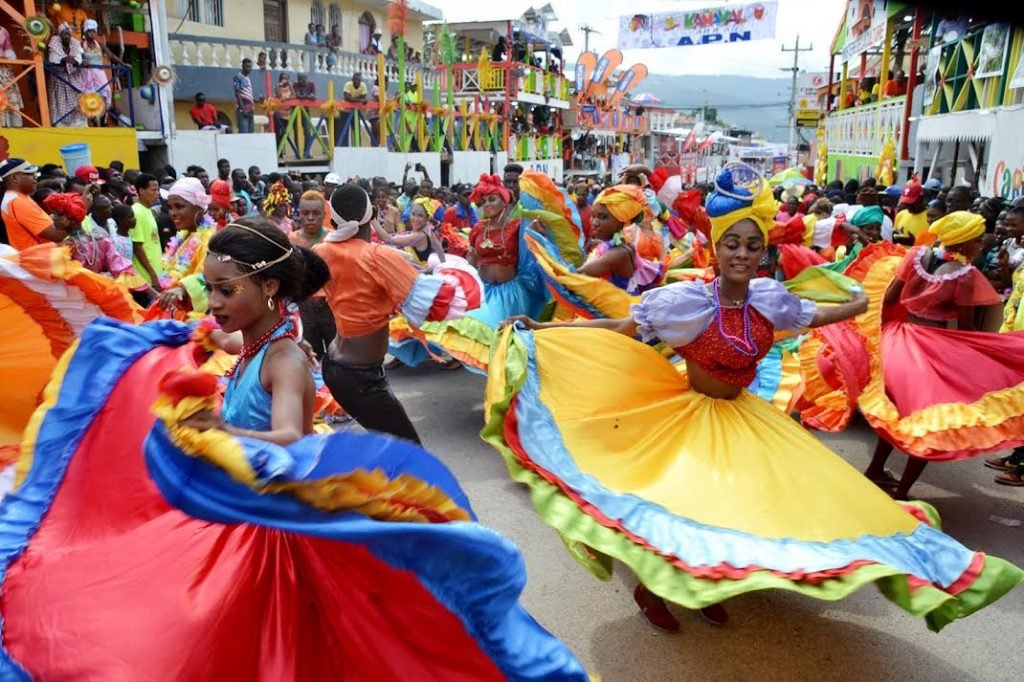

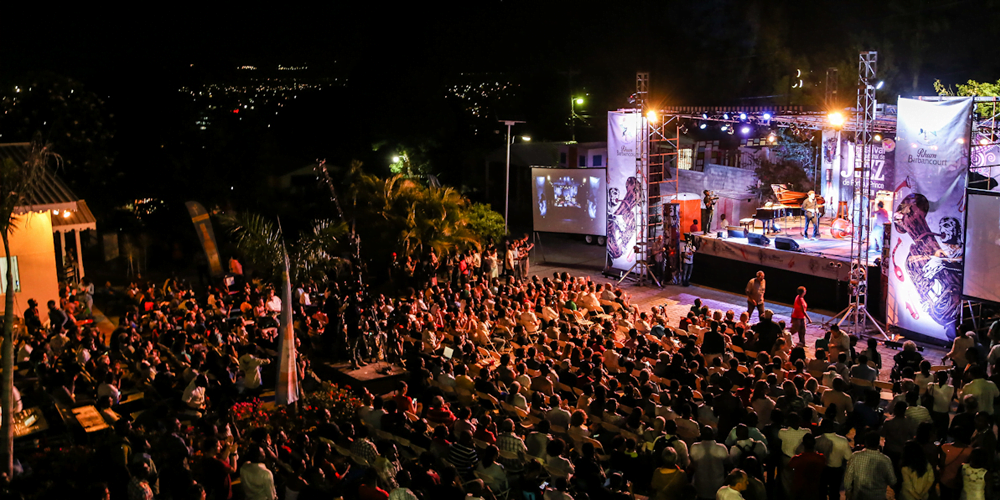
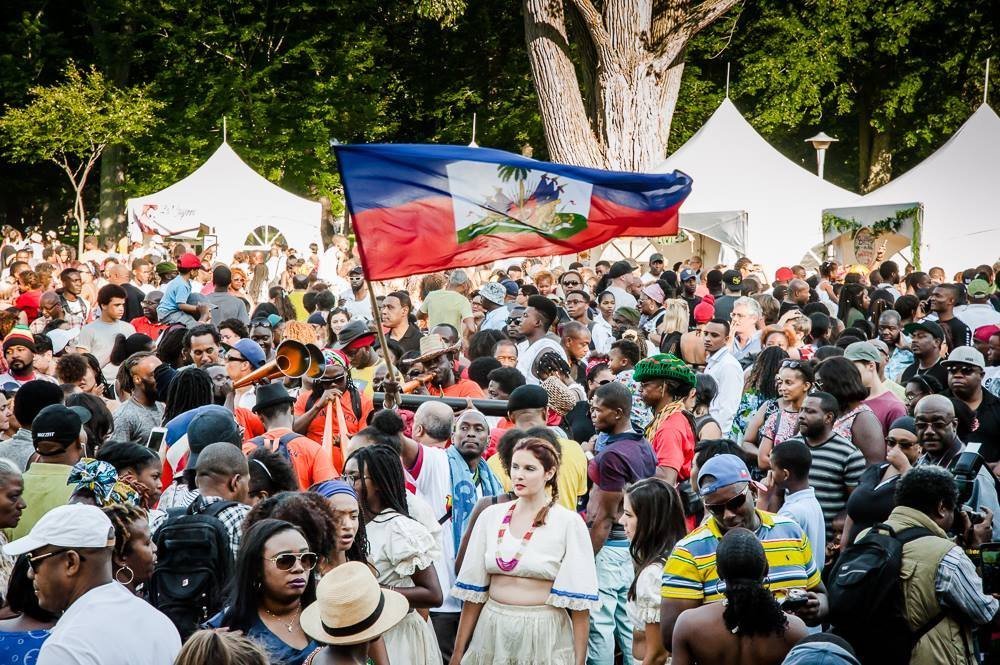
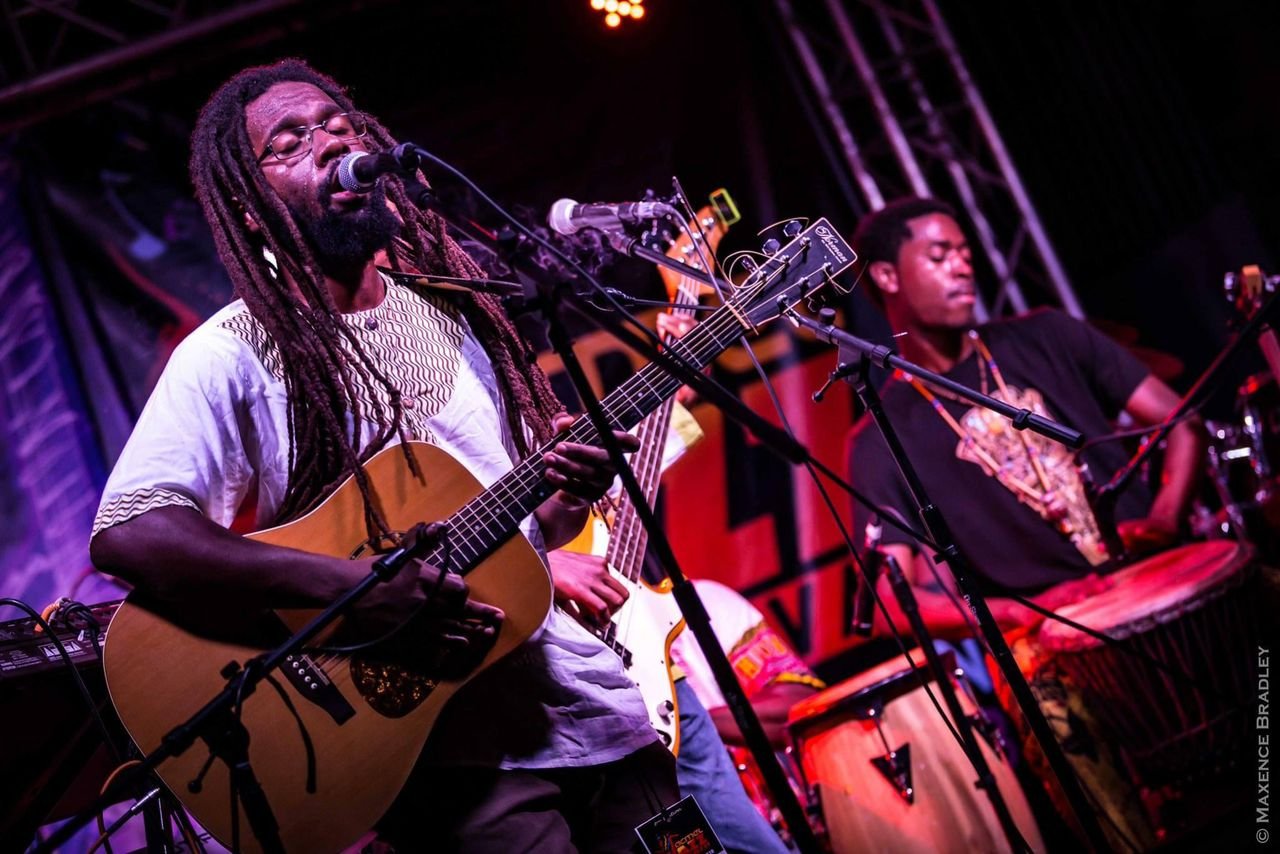



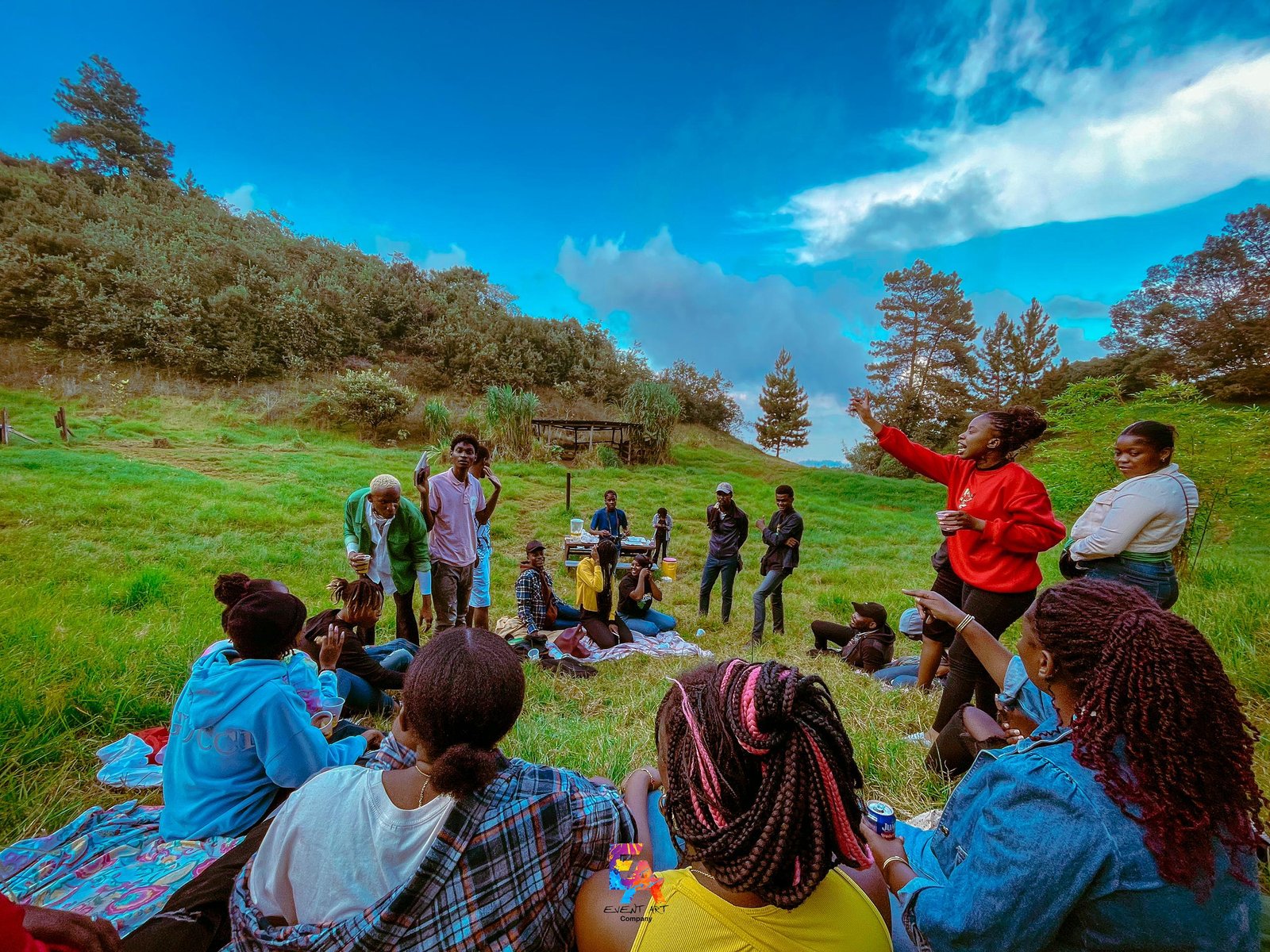


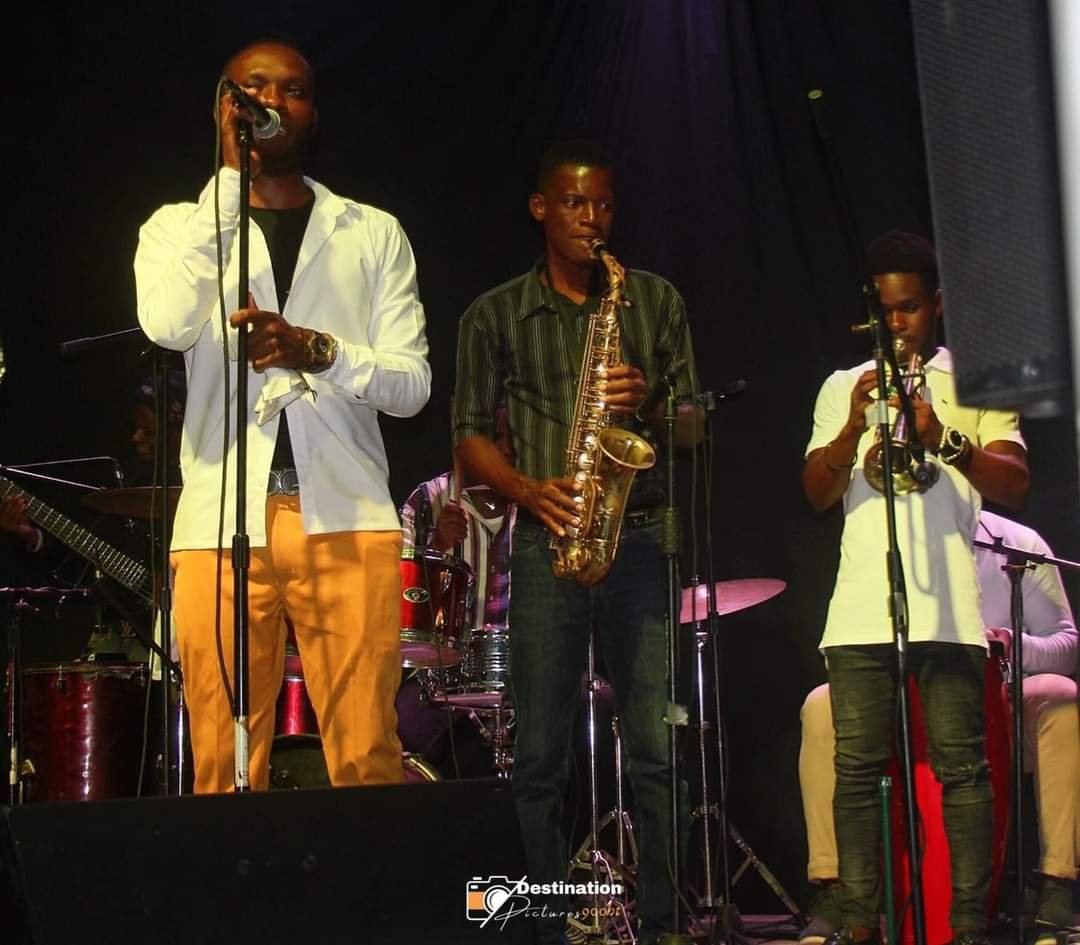



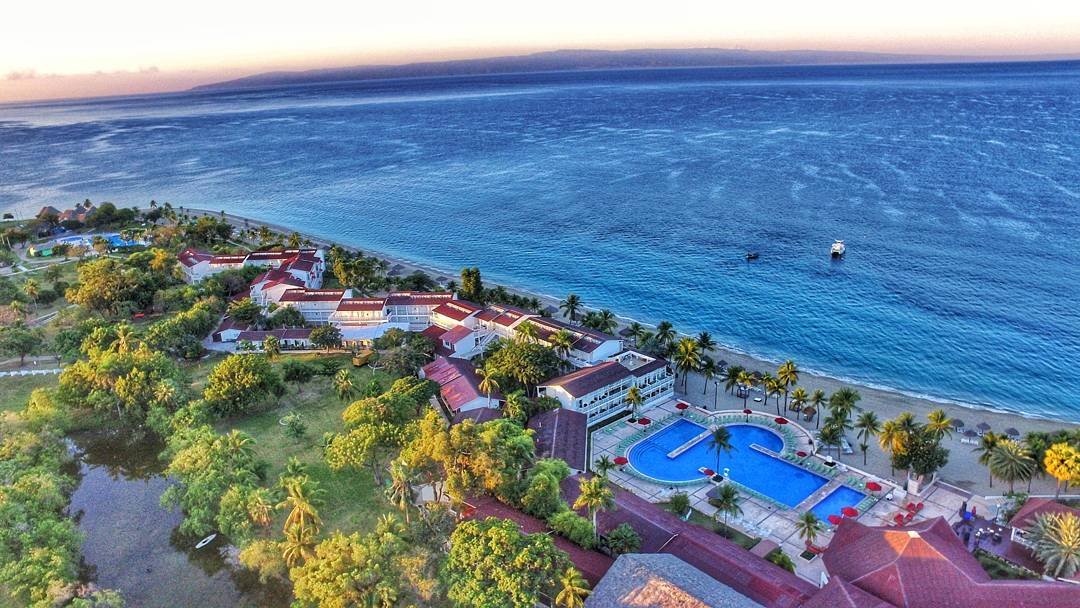
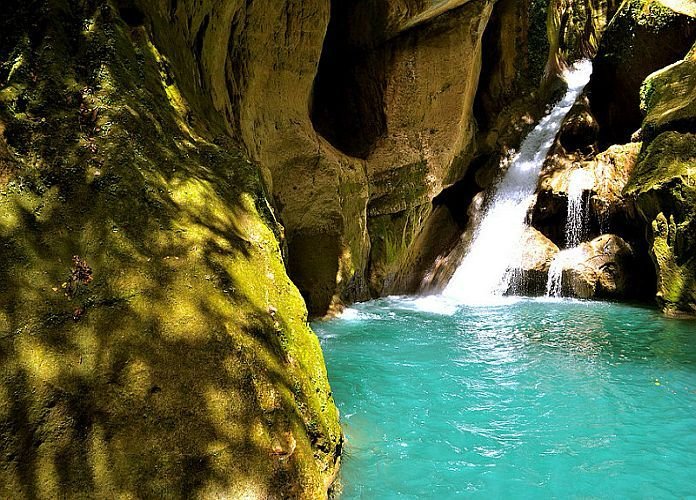

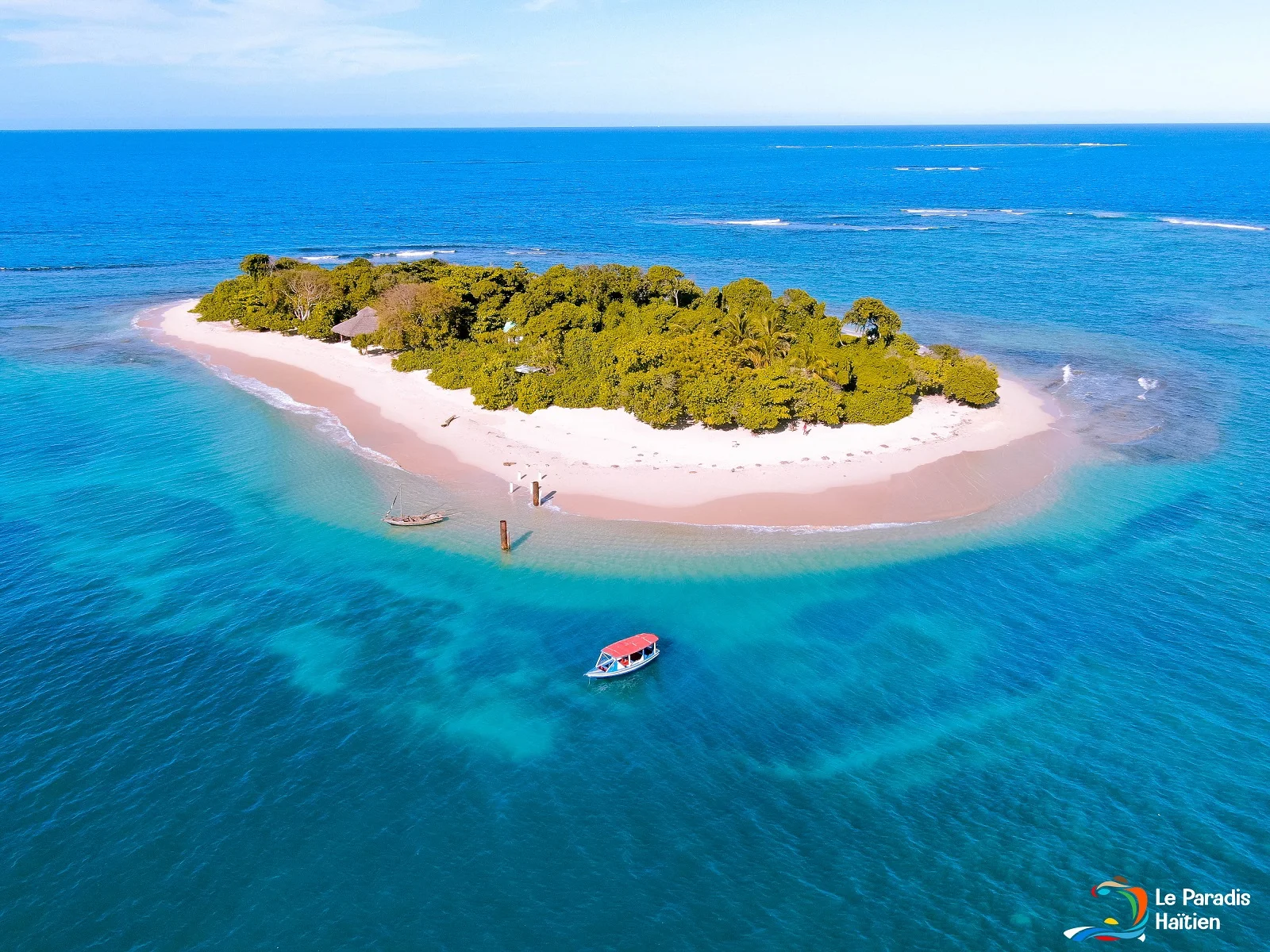























































Merci François !
March 15, 2025 - 09:15:29 PM